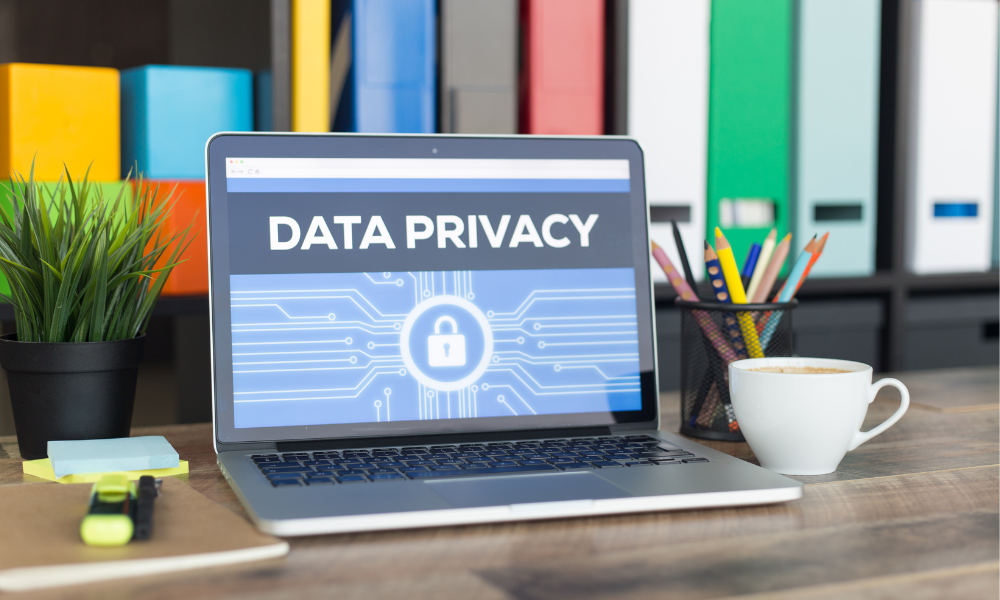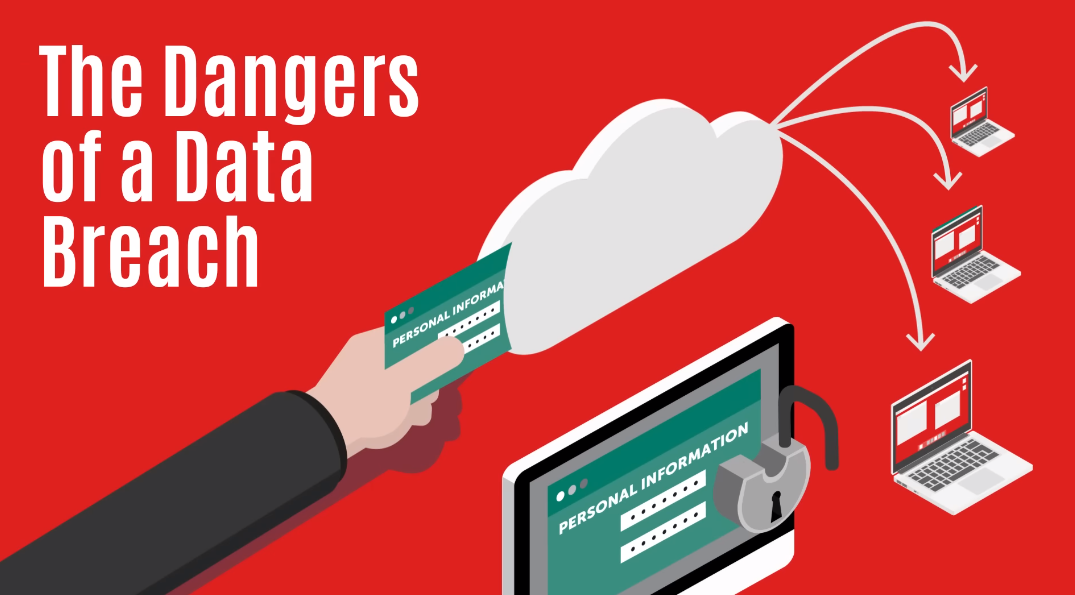Understanding Big Data
Big data refers to large and complex sets of data that are difficult to process and analyze using traditional methods. It encompasses various types of data, including structured, unstructured, and semi-structured data, and is characterized by its volume, velocity, and variety. Understanding big data is crucial in today’s data-driven world as it has the potential to provide valuable insights and drive decision-making in various industries.
The Intricacies of Privacy
Privacy is an important aspect of our lives, allowing individuals to have control over their personal information and maintain their autonomy. It encompasses the ability to keep certain aspects of our lives private and secure, free from unauthorized access or intrusion. Privacy is essential for fostering trust, protecting personal relationships, and enabling freedom of expression. It is a fundamental right that should be respected and upheld by individuals, organizations, and governments alike.
Mechanics of Big Data Collection
The mechanics of big data collection involve the gathering, processing, and analysis of large volumes of data from various sources. This data can be collected from various channels such as social media, websites, mobile apps, sensors, and other digital platforms. The process typically starts with the collection of raw data, which can be structured or unstructured. Structured data refers to information that is organized in a predefined format, such as databases or spreadsheets.
Data Collection Methods and Techniques
There are various methods and techniques for data collection, including:
1. Surveys: Surveys involve collecting data through questionnaires or interviews. They can be conducted in person, over the phone, through email, or online.
2. Observations: Observational data collection involves directly observing and recording information about a specific phenomenon or behaviour. This can be done in a natural or controlled setting.
3. Experiments: Experimental data collection involves manipulating variables and measuring their effects on the outcome of interest.
The Pervasiveness of Data Brokers
Data brokers are companies that collect and sell personal information about individuals, often without their knowledge or consent. These companies gather data from various sources, such as public records, social media platforms, and online activities, and compile them into comprehensive profiles. The practice of data brokering has become pervasive in today’s digital age. These companies operate in a largely unregulated industry and can collect vast amounts of personal information, including names, addresses, phone numbers, email addresses, social media profiles, and purchasing habits.
Implications of Big Data on Privacy

The implications of big data on privacy are significant. With the collection and compilation of vast amounts of personal information by data brokering companies, individuals’ privacy is at risk. The unregulated nature of the industry allows for the potential misuse and mishandling of this sensitive data. Personal information, including names, addresses, phone numbers, email addresses, social media profiles, and purchasing habits, can be used for targeted advertising, identity theft, or even surveillance.
Profiling Individuals for Targeted Advertising
The collection and compilation of vast amounts of personal information by data brokering companies put individuals’ privacy at risk. The unregulated nature of the industry allows for potential misuse and mishandling of this sensitive data. Personal information such as names, addresses, phone numbers, email addresses, social media profiles, and purchasing habits can be used for targeted advertising, identity theft, or surveillance purposes.
Risk of Identity Theft and Data Breaches

The collection and compilation of vast amounts of personal information by data brokering companies put individuals’ privacy at risk. The unregulated nature of the industry allows for potential misuse and mishandling of this sensitive data. Personal information such as names, addresses, phone numbers, email addresses, social media profiles, and purchasing habits can be used for targeted advertising, identity theft, or surveillance purposes. There is a significant risk of identity theft and data breaches due to the accessibility of this personal information.
Government Surveillance and Big Data
Government Surveillance and Big DataThe issue of government surveillance and the use of big data has become a topic of concern in recent years. The collection and analysis of large amounts of personal data by government agencies can have serious implications for individuals’ privacy and civil liberties.
Government surveillance programs, such as mass surveillance and data collection by intelligence agencies, have raised questions about the balance between national security and individual privacy.
Mass Surveillance Programs and their Impacts
Mass surveillance programs, such as those conducted by intelligence agencies, involve the collection and analysis of vast amounts of personal data from various sources. These programs aim to identify potential threats to national security, but they also raise concerns about privacy and civil liberties. One of the main impacts of mass surveillance is the potential for the violation of individual privacy rights.
Balancing Security and Privacy
Mass surveillance programs often raise questions about the balance between security and privacy. While these programs may be intended to protect national security, they can also infringe upon individual privacy rights. It is important to find a balance between maintaining security and respecting privacy to protect both national interests and individual liberties.
Corporate Data Collection and Privacy
Corporate data collection practices have become a growing concern in terms of individual privacy. Many companies collect vast amounts of personal data from their customers, including their browsing habits, purchasing history, and even their location data. While this data can be used to improve products and services, it also raises concerns about how this information is being used and protected.
Social Media and Privacy

Social media platforms have become an integral part of many people’s lives, but they also raise privacy concerns. These platforms collect and store a significant amount of personal information, including users’ posts, messages, and even their location data. This raises concerns about how this data is being used and shared, as well as the potential for misuse or unauthorized access.
FAQs: Common Questions on Big Data and Privacy
What is big data, and how is it collected?
Big data refers to large sets of data that are analyzed to reveal patterns, trends, and associations. It is collected through various sources, such as social media platforms, online transactions, sensors, and other digital sources.
Personal information is collected on social media platforms through user registration, profile creation, and interaction with other users. This information includes but is not limited to names, email addresses, phone numbers, location data, and browsing history.
What are the major privacy concerns associated with big data?
The major privacy concerns associated with big data include:
1. Data Breaches: As big data involves the collection and storage of large amounts of personal information, there is an increased risk of data breaches. If unauthorized individuals gain access to this data, it can lead to identity theft, fraud, or other malicious activities.
2. Lack of Control: Individuals may have limited control over how their personal information is collected, used, and shared in the context of big data.
How do government surveillance programs utilize big data?
Government surveillance programs utilize big data by collecting and analyzing vast amounts of data from various sources. This includes monitoring internet activities, social media posts, phone calls, emails, and other forms of communication. The collected data is then analyzed using algorithms and machine learning techniques to identify patterns, trends, and potential threats. This information is used to track and monitor individuals, identify potential risks, and enhance national security efforts.
What are the potential risks of corporate data collection?
The potential risks of corporate data collection include:
1. Data breaches: Collecting and storing large amounts of data increases the risk of it being accessed or stolen by unauthorized individuals or groups. This can lead to financial losses, reputational damage, and legal consequences.
2. Privacy concerns: Collecting personal information without proper consent or transparency can infringe on individuals’ privacy rights. This can result in public backlash, loss of trust, and regulatory penalties.
Are there any legal protections for personal privacy?
Yes, there are legal protections for personal privacy. Many countries have enacted laws and regulations to safeguard individuals‘ privacy rights. These laws typically outline the rights and responsibilities of organizations when collecting, using, storing, and sharing personal information. They also often require organizations to obtain proper consent from individuals before collecting their data and to implement measures to secure and protect this data.
How can individuals protect their privacy in the digital age?
In the digital age, individuals can take several steps to protect their privacy:
1. Use strong and unique passwords: Create strong passwords for all online accounts and avoid using the same password across multiple platforms. Consider using a password manager to securely store and generate passwords.
2. Enable two-factor authentication (2FA): Enable 2FA whenever possible to add an extra layer of security to your online accounts. This typically involves entering a verification code sent to your phone or email in addition to your password.
Conclusion
In conclusion, the use and protection of personal information on social media platforms is a topic of concern. The collection and storage of users’ data raise questions about its usage and potential risks. Individuals and social media companies need to prioritize privacy and implement measures to protect users’ information from unauthorized access or misuse.
